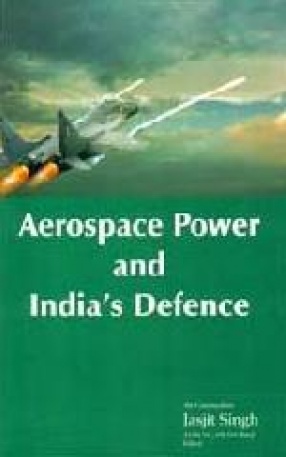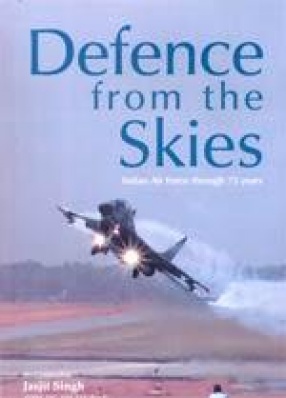Air power has had a profound impact on the defence of nations ever since it came into being a little over a century ago. The reason is fairly simple. Air power (and now increasingly aerospace power), can influences and interfere with the operations of land forces as well as the naval forces. But they cannot do so to air power; and hence the inevitable central struggle has to be between the air powers of countries in conflict. Where a country loses its ability to acquire, possess and employ aerospace power, it becomes a hostage to that of the adversary. This is the reason that aerospace power intrinsically has a strategic influence in modern world. But by its very nature, aerospace power operates at the upper frontiers of ever higher technology. In turn this also implies high costs that most countries cannot afford; and hence it can be situated only in the economic and technological strength of a country. At the same time, unlike land warfare and naval warfare which draw upon centuries of experiences, air warfare and employment of aerospace power has existed for a comparatively short span of time. Consequently there have been difficulties in grasping its true potential and the reality of its limits and capabilities which has created its own specialized roles, missions and dynamics. History of the past century, and even more so in recent decades, sows that aerospace power plays a crucial role in defence and foreign policy of nations. Contrary to conventional wisdom, air power cannot win wars, but no modern war can be won without it. The fact that it essentially operates away from public view—and mostly even that of the land and naval forces, handicaps in understanding and appreciating its role tends to pile up.
Defence from the Skies: Indian Air Force through 75 Years
If the Dakota transport ...
$115.20
$128.00






There are no reviews yet.